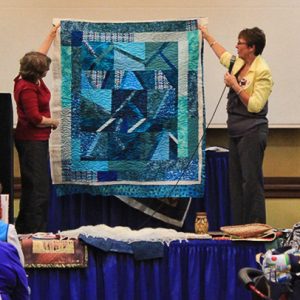 Contemporary Quilt
Contemporary Quilt
Entry Type: Group
 Contemporary Quilt
Contemporary Quilt
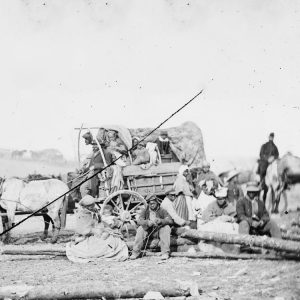 "Contraband" Fugitives
"Contraband" Fugitives
 Carolyn Callahan and Doris Cook
Carolyn Callahan and Doris Cook
 Cornish House Birthday Party
Cornish House Birthday Party
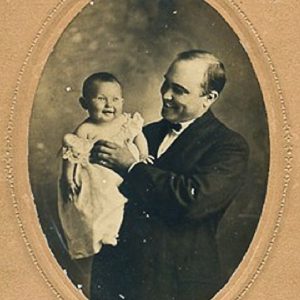 Edward and Hilda Cornish
Edward and Hilda Cornish
 Dr. Jim Correll
Dr. Jim Correll
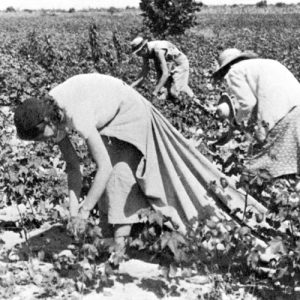 Cotton Pickers
Cotton Pickers
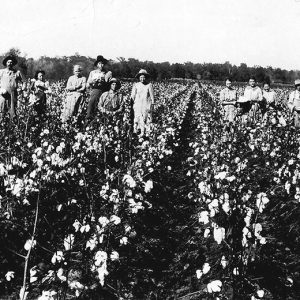 Cotton Picking
Cotton Picking
Cotton States League
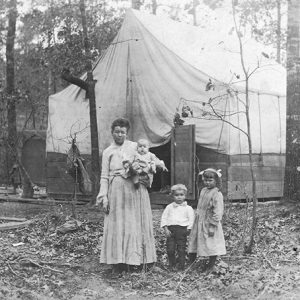 Cotton Workers' Tent
Cotton Workers' Tent
Council for the Liberation of Blacks (CLOB)
Council on Community Affairs (COCA)
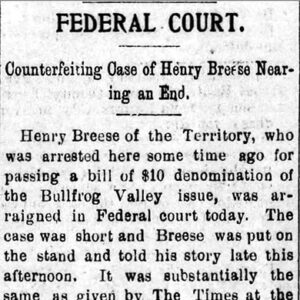 Counterfeiting Article
Counterfeiting Article
Covenant, the Sword and the Arm of the Lord
Cowboy Churches
Criminal Justice Institute
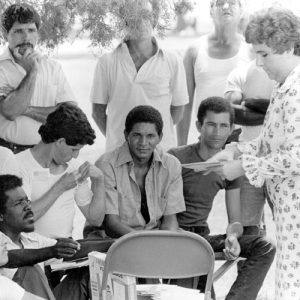 Cuban Refugees
Cuban Refugees
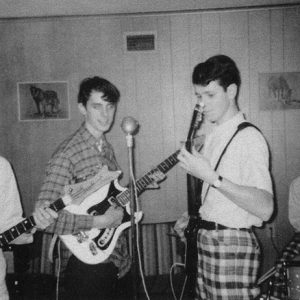 The Culls
The Culls
Cumberland Presbyterians
Dalton Period
Daughters of the American Revolution
aka: Arkansas Society of the Daughters of the American Revolution (ARDAR)
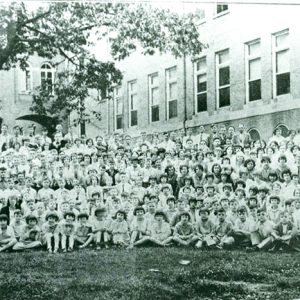 Deaf School Students
Deaf School Students
 Dean Brothers
Dean Brothers
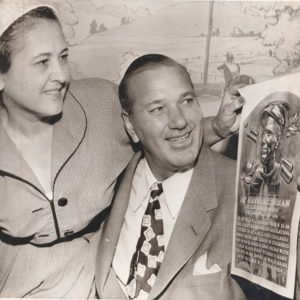 Deans
Deans
Deckelman, Joseph Dewitt “Sonny”
 Def Leppard with Students from Arkansas School for the Deaf
Def Leppard with Students from Arkansas School for the Deaf
Delaware
Democratic Party
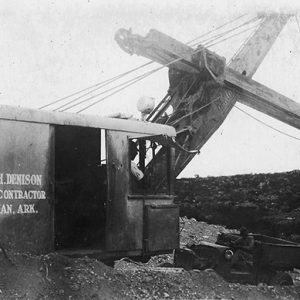 W. H. Denison; Contractor
W. H. Denison; Contractor
Desha County Historical Society
Diamond State Chorus
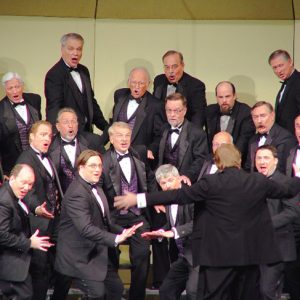 Diamond State Chorus
Diamond State Chorus
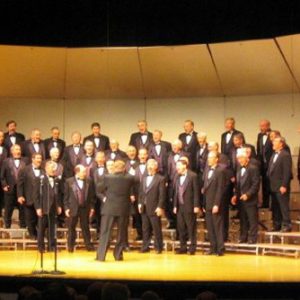 Diamond State Chorus Annual Show
Diamond State Chorus Annual Show
Dierks Forests, Inc.
Disability Issues
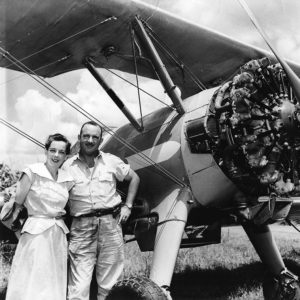 Irene and J. O. Dockery
Irene and J. O. Dockery
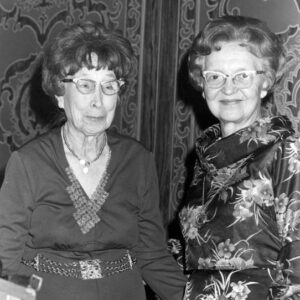 Eva Dodge
Eva Dodge
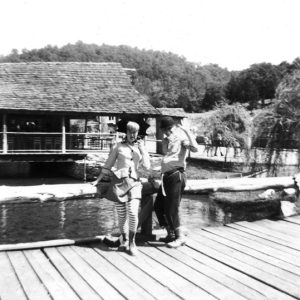 Dogpatch USA
Dogpatch USA
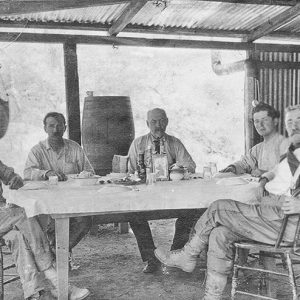 Stephen Dorsey in New Mexico
Stephen Dorsey in New Mexico
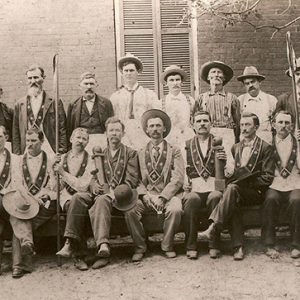 Dover Masons
Dover Masons
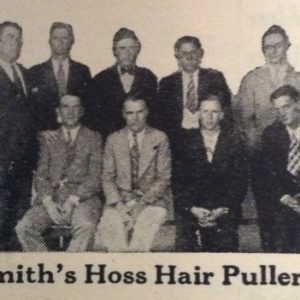 Dr. Smith's Champion Hoss Hair Pullers
Dr. Smith's Champion Hoss Hair Pullers
Dr. Smith’s Champion Hoss Hair Pullers
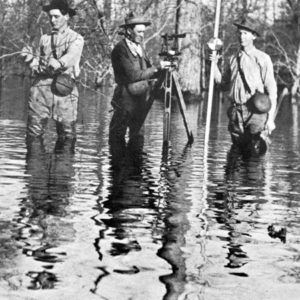 Drainage Survey Crew
Drainage Survey Crew
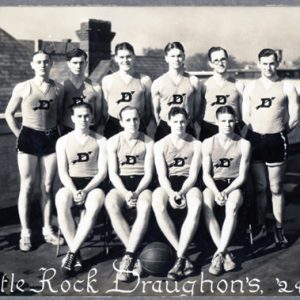 Draughon Basketball Team
Draughon Basketball Team
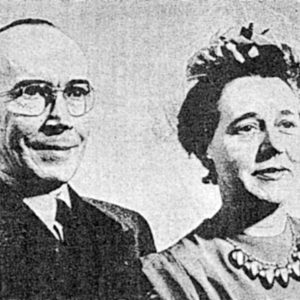 Glenn and Beverley Dresbach
Glenn and Beverley Dresbach
Drew County Historical Society
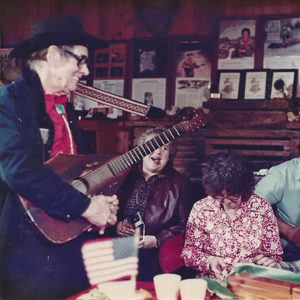 Jimmy Driftwood at Home
Jimmy Driftwood at Home
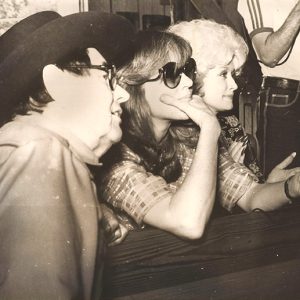 Jimmy Driftwood and Friends
Jimmy Driftwood and Friends
 Dryden Pottery
Dryden Pottery
 Jim Bob and Michelle Duggar
Jim Bob and Michelle Duggar




